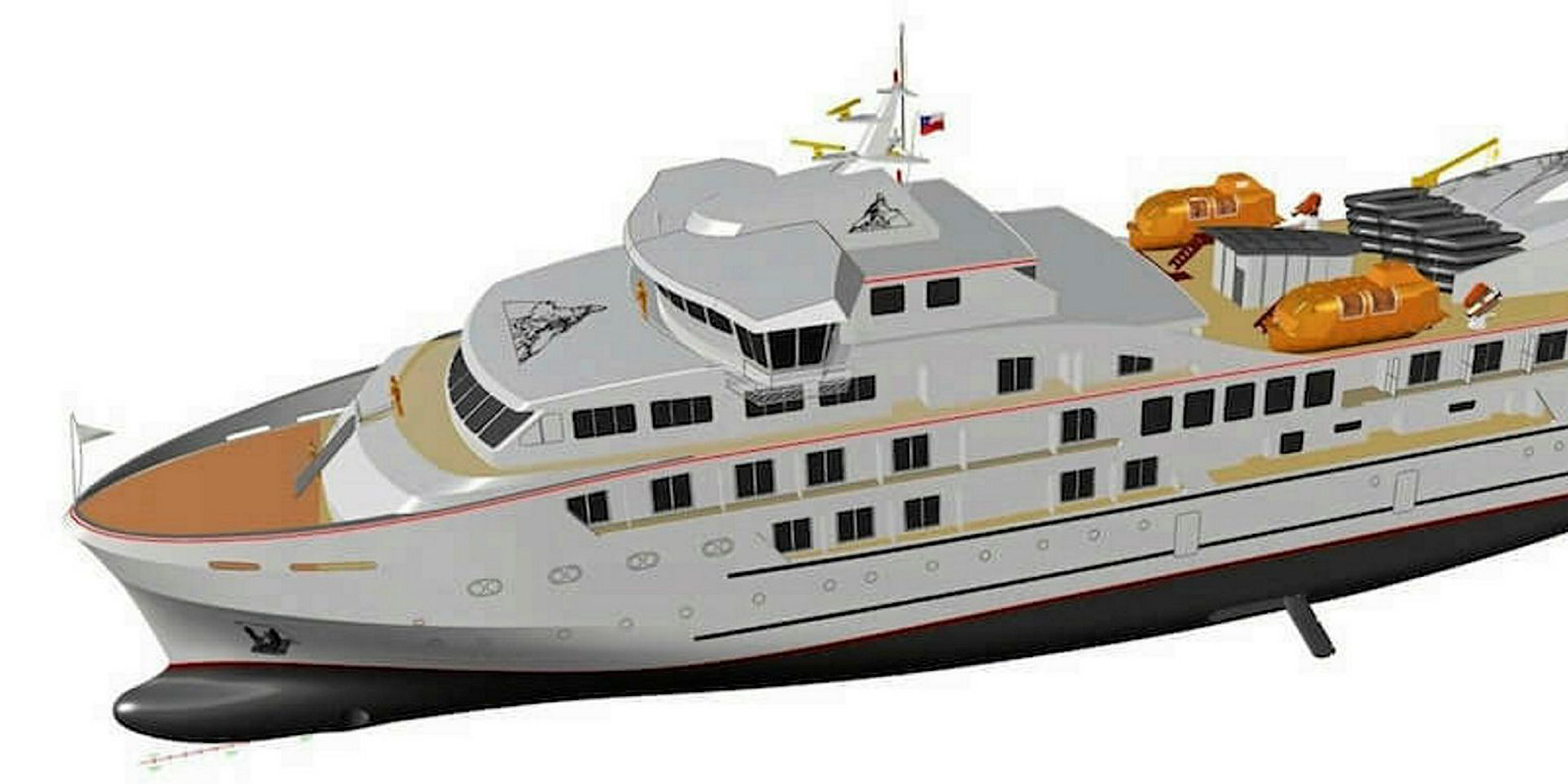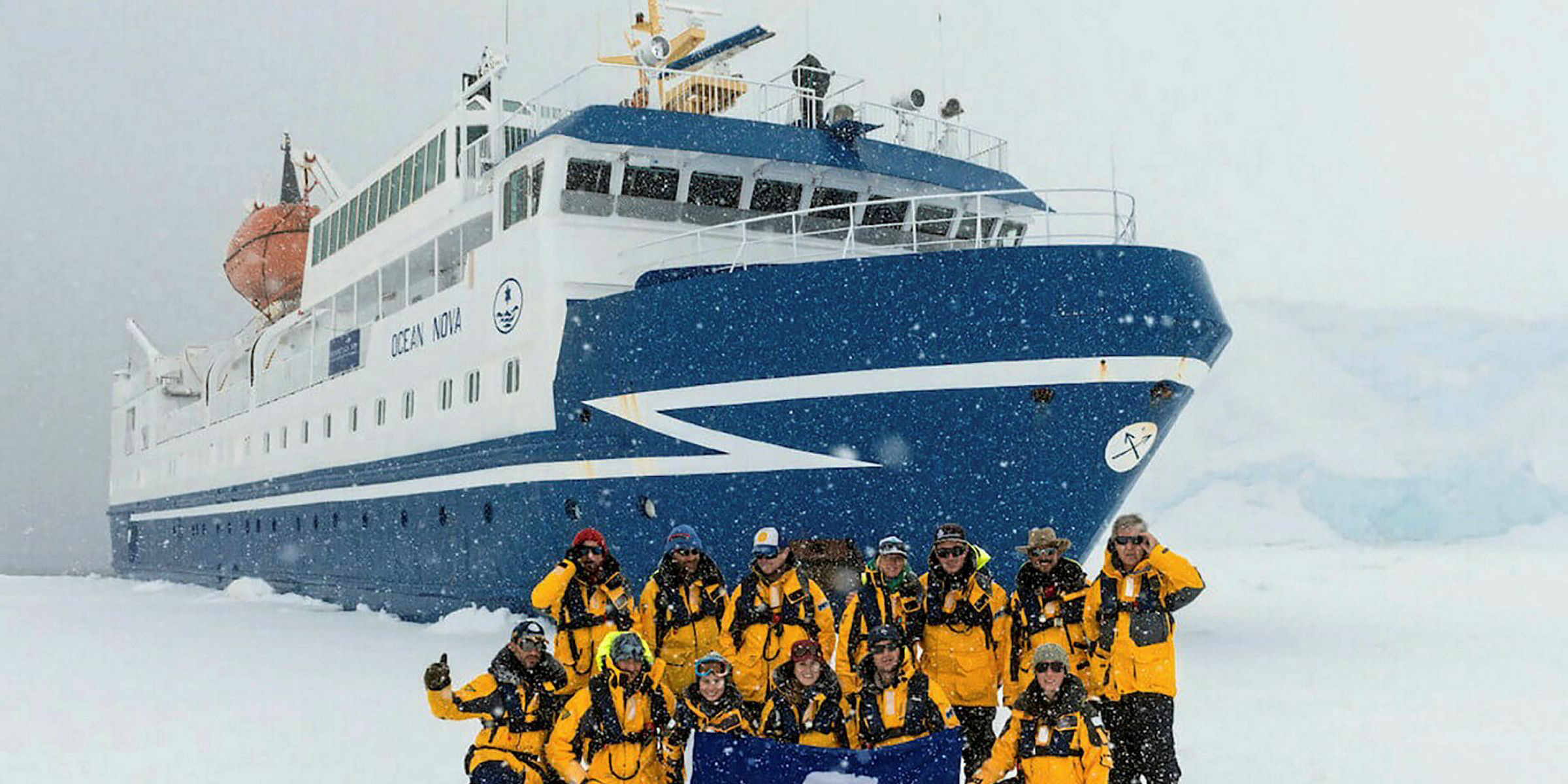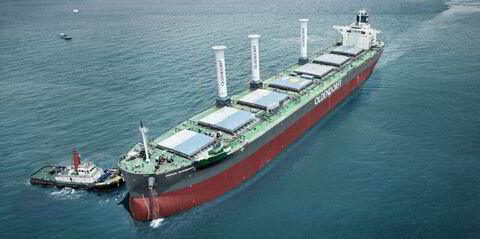Chilean polar tour and cruise operator Antarctica XXI has joined the scrum of companies building expedition cruiseships with an order for a newbuilding at Valdivia-based Asenav.
Antarctica XXI revealed this week that Asenav will deliver the 4,800-gt Magellan Explorer in 2019.
The ship will have a capacity for 70 passengers and is being built to the International Maritime Organization's latest Polar Code specifications and carries a Polar Class 6 ice-class.
While no pricing details have been disclosed, Antarctica XXI says that the ship has been ordered in an alliance with “two strategic partners that bring extensive shipbuilding and shipmanagement expertise to the venture”.
“In partnership with those two companies we have created a new entity, Minke Shipping, owner of the ship. Minke in turn provides the ship on an exclusive, long-term charter to Antarctica XXI,” it said in a statement.

Although the identities of these partners have yet to be revealed, they are likely to be Miami-based SunStone Ships and its shipmanagement arm Cruise Management International, with which Antarctica XXI already has close ties. It charters two small expedition cruiseships, the 2,200-gt Ocean Nova (built 1992) and the 4,200-gt Hebridean Sky (built 1991), from SunStone on a seasonal basis.
The newbuilding contract is the second cruiseship order that Asenav has on its books. In September last year, Cruceros Australis, part of Chile’s Comapa group, ordered a 4,500-gt cruiseship at the yard. In addition, it is building a 3,200-gt ropax ferry for the government of Ontario, Canada.
Asenav has built several small cruiseships. The largest ships it has built to date are a pair of 6,500-gt anchor handling tug supply vessels that were delivered to Maersk Service AS in 2014 and 2015.
Antarctica XXI differs from its competitors in the Antarctic cruise market as it bases its ships permanently on the Antarctic Peninsula with passengers transported to and from the ships by aircraft via Frei Station, Chile’s Antarctic research base. This saves passengers having to sail across the notoriously rough waters of the Drake Passage.



